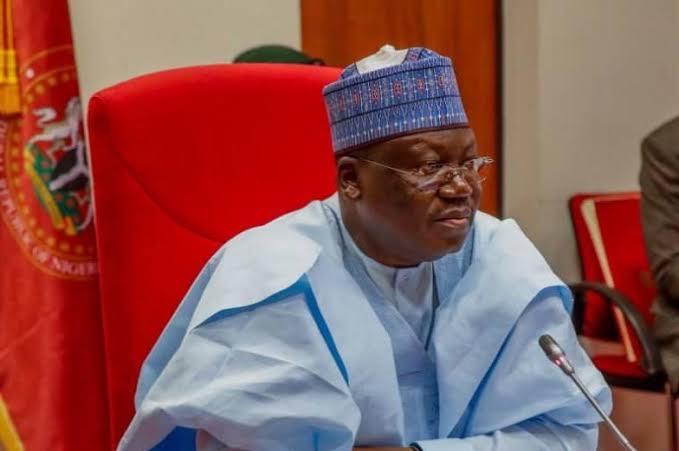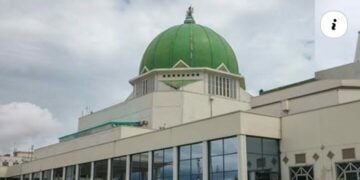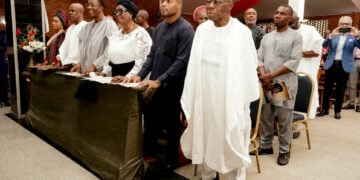The Senate and House of Representatives have passed for a second reading the 2023 Appropriation Bill which was presented to them by President Muhammadu Buhari last Friday.
The bill seeks to authorise the issue out of the consolidated revenue fund of the federation the total sum of N20.507 billion for the year ending on 31st December, 2023.
After the bill passed for a second reading following a debate on its general principles, the Senate suspended its plenary till 15th November, 2022 to enable its committees embark on budget defence with relevant Ministries, Departments and Agencies (MDAs).
Leading the debate on the bill, the Senate Leader, Abdullahi Gobir, said based on the budget fiscal assumptions and parameters, the current expenditure constituting over 43% of the total budget outlay was still too high.
According to Gobir, the current expenditure contained personnel costs, pensions, benefits and over heads that are expenses that are necessary for stabilising the government and the polity.
He said, “It is expected that the total operations of the Federal Government to result in a deficit of N10.78 trillion. This represents 4.78 percent of estimated GDP, above the 3% threshold set by the Fiscal Responsibility Act 2007.
“Countries around the world have of necessity over-shoot their fiscal thresholds for their economies to survive and thrive.
“There is a need to exceed the threshold considering the administration collective desire to continue tackling the existential security challenges facing the country,” he said.
After the contributions of other lawmakers, the Senate President Ahmad Lawan bemoaned the huge loss of revenue due to high scale oil theft and called for appropriate sanctions against the perpetrators.
Lawan charged the committees of the Senate to, in the course of the budget defence, ensure critical scrutiny of the submissions and trace any leakage or wastages contained in it.
He referred the bill to the Senate Committee on Appropriation for further legislative process, to report back in four weeks.
At the House of Representatives, the lawmakers who spoke during the debate on the general principles of the 2023 budget proposal tagged: ‘‘Fiscal Sustainability and Transition’, expressed concerns over the rationale behind the projected N435/$ exchange rate against differential with the exchange rate at the parallel market, adding that the country’s debt profile may hit N70 trillion by next year.
During their separate contributions, deputy minority leader, Toby Okechukwu and Leke Abejide expressed grave concerns over the geometrical increase in the fiscal deficit and the huge disparity between the N435/$ proposed exchange rate benchmark and N740/$ at the parallel market as well as the 1.69 million oil benchmark.
The chief whip of the House, Mohammed Mongunu, commended the federal government over the level of budget implementation despite the revenue shortfall constraints, and its resolve to achieve 100 percent implementation level by the end of 2022, which currently stands at 70% implementation level.
In the bid to shore-up adequate revenue generation, he urged the federal government on the need to diversify the economy, especially in the area of mining and agriculture as well as bring more Nigerians into the tax net so that there would be more tax for the purpose of implementing our budget, as well as the removal of fuel subsidy which gulped trillions of naira that ordinarily should have been funding the much-needed infrastructure needs.





